A Guide to Understanding Plumbing Bonding Wire
The plumbing bonding wire is an essential component of electrical safety in the home. It may not be the most glamorous topic, but it is important for homeowners to understand the purpose and function of plumbing bonding wire in order to ensure the safety of their families and homes. In this guide, we will explore the definition, materials, and importance of plumbing bonding wire, as well as the steps for proper installation.
What is a Bonding Wire?
A plumbing bonding wire, also known as an electrical bonding wire, is a wire that connects metal parts of a plumbing system to an electrical ground. This wire helps to ensure that electrical current is safely directed to the ground in the event of a short circuit, reducing the risk of electrical shock and fire hazards. There are two types of plumbing bonding wire: solid and stranded. The materials used in plumbing bonding wire can vary, but copper is the most common due to its high conductivity and resistance to corrosion.
How Does Plumbing Bonding Wire Work?
In order for electricity to flow safely, it must be directed to the ground. This is known as electrical grounding. A bonding wire completes grounding by connecting metal parts of a plumbing system to the electrical ground. In the event of a short circuit, electrical current will travel through the bonding wire, directing it safely to the ground instead of through a person. This helps to reduce the risk of electrical shock and fire hazards.
|
$41.00
|
|
Why is Plumbing Bonding Wire Important?
A bonding wire is important for several reasons. Firstly, it helps to protect against electrical shocks and fire hazards. By directing electrical current to the ground in the event of a short circuit, plumbing bonding wire reduces the risk of electrical shock and fire, ensuring the safety of your family and home. Additionally, plumbing bonding wire is required to comply with electrical safety standards, such as the National Electrical Code (NEC). Finally, older homes may not have plumbing bonding wire installed, so it is important to have it installed to bring the electrical system up to current safety standards.
How to Install Plumbing Bonding Wire
If you are installing a bonding wire in your home, it is important to do so correctly to ensure maximum safety. The following is a list of required water heater bonding kit and materials for installation:
- Plumbing bonding wire
- Ground clamps
- Wire nuts
- Electrician’s tape
- Screwdriver
- Pliers
Steps for installing bonding wire:
- Locate the electrical service panel in your home and turn off the power.
- Locate the metal parts of your plumbing system and attach a ground clamp to each.
- Connect the ground clamps to the plumbing bonding wire using wire nuts.
- Secure the wire nuts with electrician’s tape.
- Connect the other end of the plumbing bonding wire to the electrical service panel using a ground clamp.
- Turn the power back on and test for proper grounding.
It is important to note that installing a bonding wire can be a complex process and it is recommended to seek the assistance of a professional electrician to ensure proper installation.
Note: Common Question – does an electric water heater need to be grounded
Yes, an electric water heater needs to be grounded. Grounding provides a path of least resistance for electrical current in the event of a short circuit or fault, reducing the risk of electrical shock and fire hazards. Grounding an electric water heater ensures that electrical current is safely directed to the ground, reducing the risk of electrical shock and fire hazards. The National Electrical Code (NEC) requires that all electrical systems, including electric water heaters, be grounded for safety.

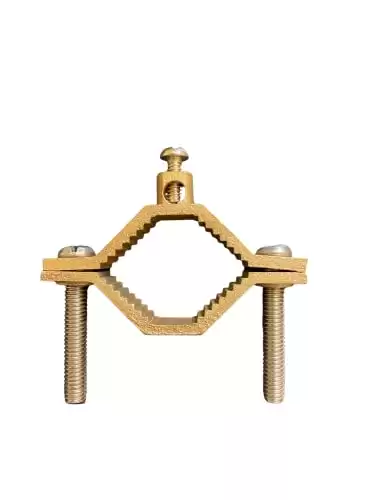
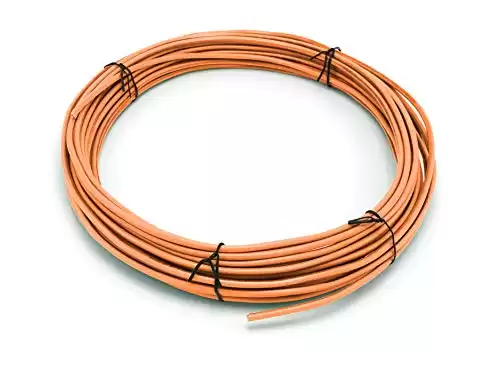

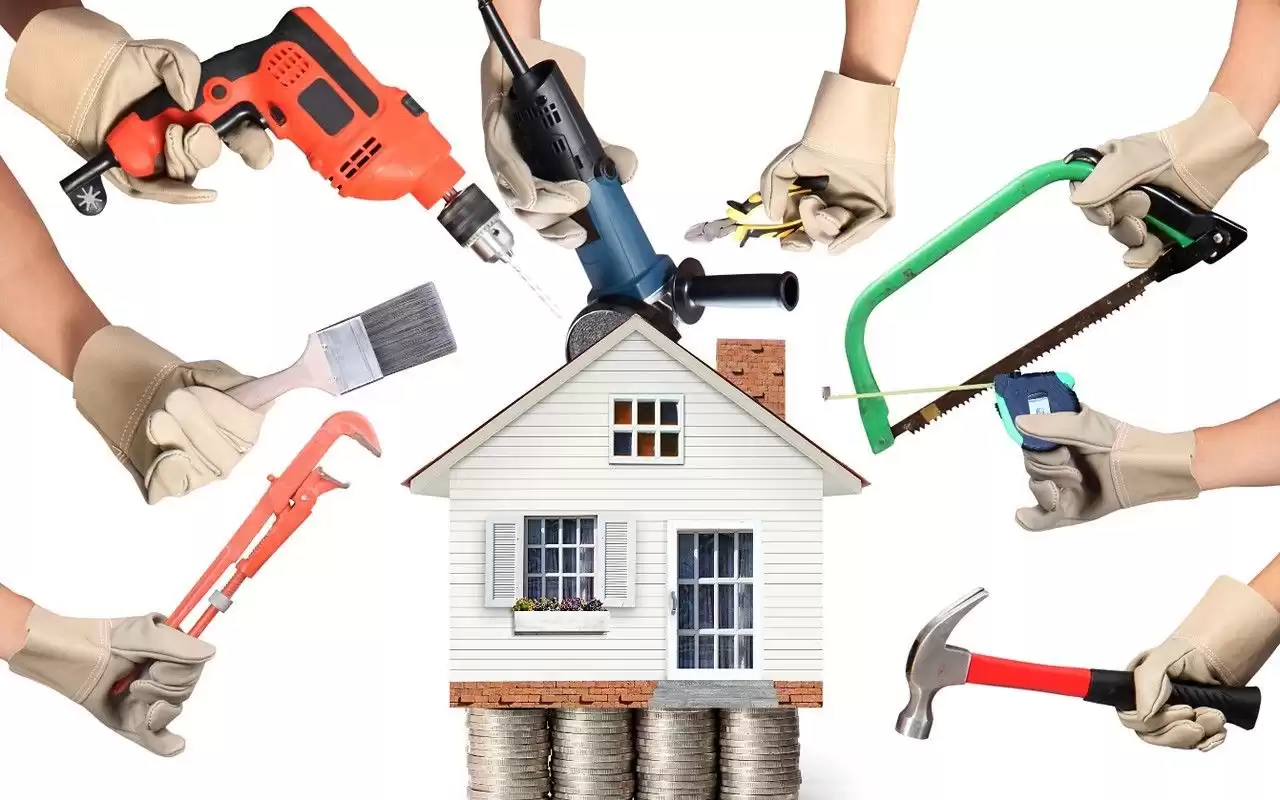
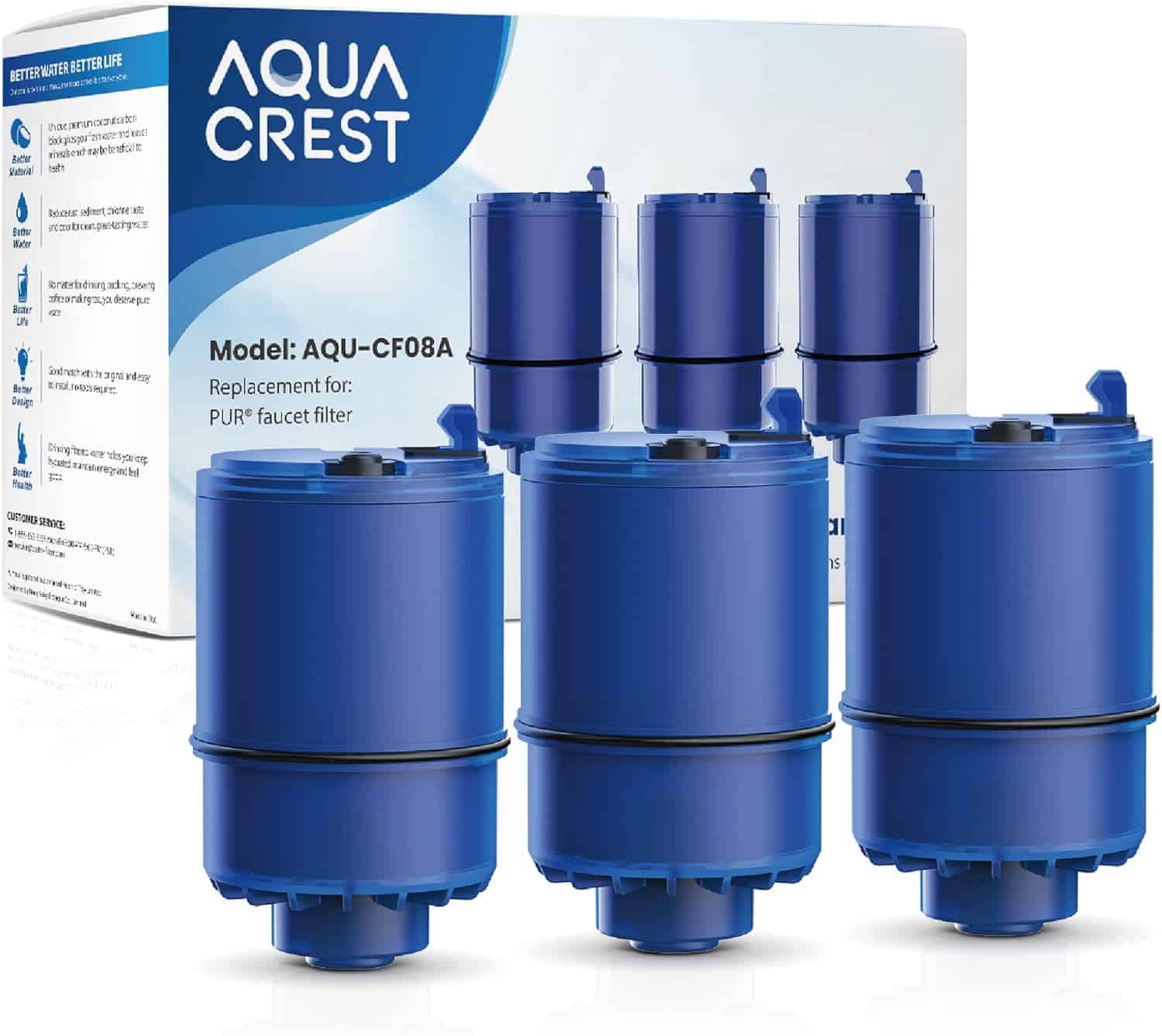
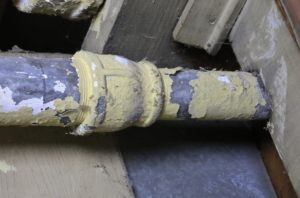
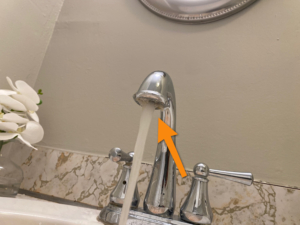
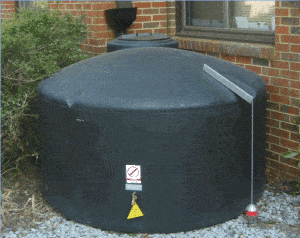
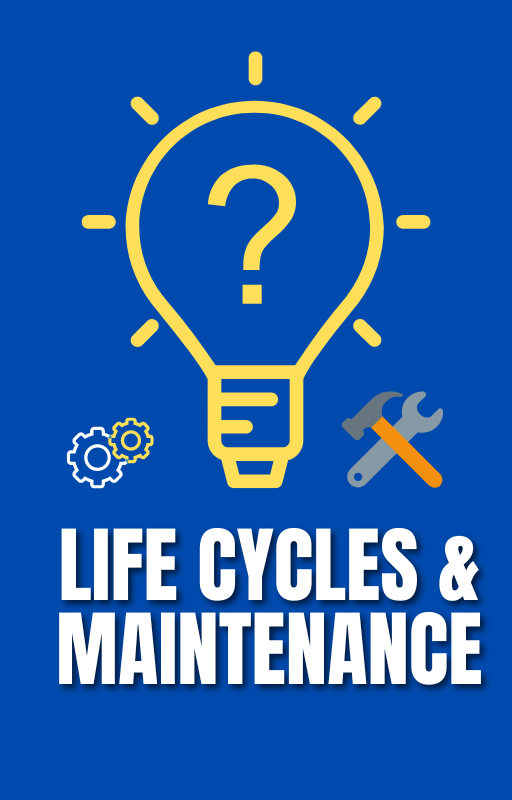
Pingback: Bonding Gas Piping is Essential (2022 Guide) - GGR Home Inspections
Pingback: The Basics of Pool Bonding Wire: A Must-Know for Pool Owners - GGR Home Inspections